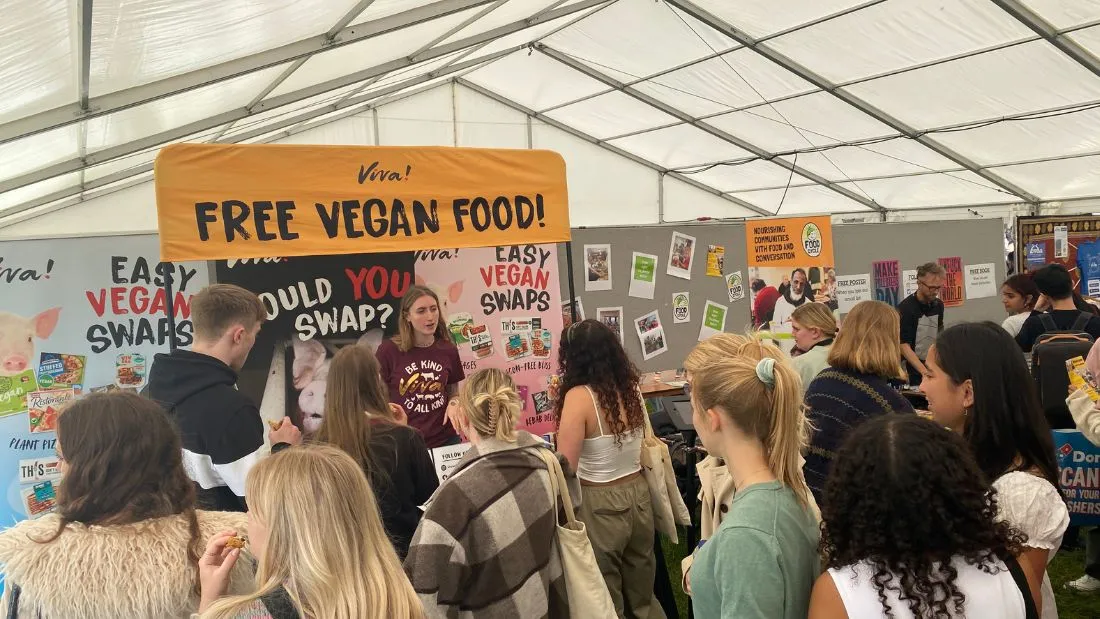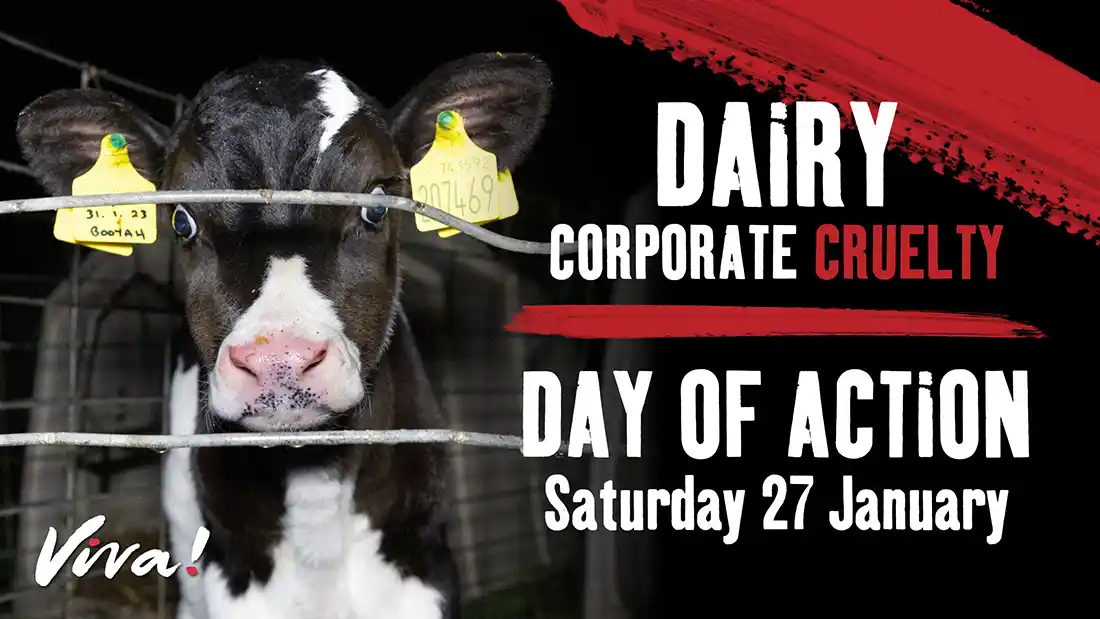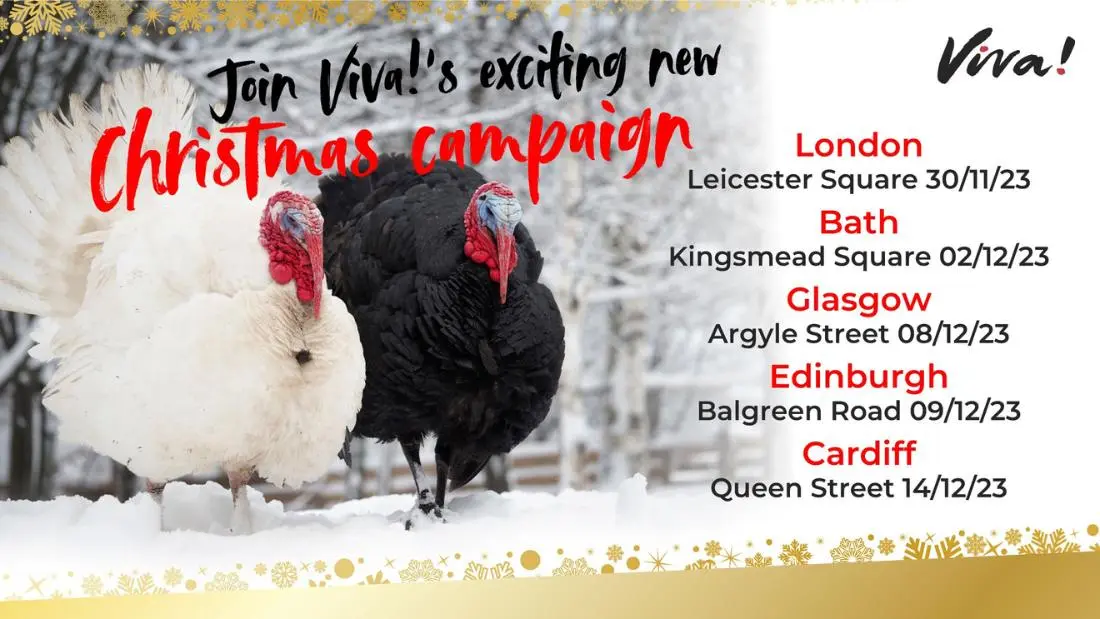Break free and thrive

The Break Free campaign offers a unique diet suitable for children and adults alike, designed to improve your overall health and ensure strong bones for life. Endorsed by nutritionists (see below), the Break Free diet is becoming increasingly popular. It isn’t a fad diet, it’s a lifestyle described fully in the brand new Break Free report available online. Aimed at people of all ages, it shows parents how to make sure their children grow up big and strong, and advises middle-aged women on how to avoid or treat osteoporosis through diet. Animal protein (from meat, fish, eggs, dairy products) always produces acid in the body and many studies show that diets based on animal foods contribute to weaker bones. Western diets provide more calcium than we need yet result in the highest rates of osteoporosis (brittle bone disease) in the world. Animal products and sugary foods are the worst offenders while plant-based foods are mostly bone-friendly.
The charity offers an ever-growing source of bone-friendly recipes. As Veronika Powell, Viva! Health’s Health Campaigner says: “Animal products such as cheese or meat produce acid in your body. The acid needs to be neutralised quickly so calcium is leached from your bones because that’s how the acid is neutralised.’ In 2005, the UK Advertising Standards Authority forced Nestlé Health and Nutrition to withdraw adverts stating that milk was “Essential for healthy bones.’ – simply because it isn’t and can indeed be harmful. As the Break Free campaign explains, one of the best things you can do if you want to have healthy bones is ditch dairy. Scientists, researchers and many healthcare professionals agree. Veronika Powell says: “If you want to have healthy bones, don’t listen to the dairy industry propaganda. A varied, plant-based diet formed of alkalising foods is the best for your bones and long-term health.’ Carrie Goddard, who’s been following a plant-based, alkalising diet for 20 years leads by example: “When scanned last year, I was informed my bone density was that of a much younger person, so much so that if I lived until 100, I would have no fear of brittle bones.” Alkalising foods are fruit and vegetables, many pulses (lentils, beans, etc.), nuts and seeds (eg almonds, sesame seeds, Brazil nuts, pumpkin seeds), plant milks (soya, almond milk) and herbal teas. They are best complemented by wholegrains which are around the ‘neutral’ zone.
For more information, go to vivahealth.org.uk/bones
Nutritionists’ recommendations
Hilary Thomas Dip.BCNH MBANT NTCC CNHC GRCCT Qualified Nutritional Therapist- “I have now had a chance to look at the links above and I like them all very much. The Break Free & Calcium information is very well referenced, which I feel is always such a bonus. I liked the recipes very much too. I do recommend alkaline based diets, especially in respect of any inflammatory health conditions. I am always very careful with whom I associate my company with or recommend as I always feel that this is a reflection of myself, my knowledge and my integrity as a Practitioner, and I don’t feel one can be too careful where that is concerned. There are so many websites where the information is not always accurate and certainly not referenced well, if at all. However, from what I have seen, I would be very happy to be associated with, or recommend your company.”
Cheryl Colpman MBRCP, ITEC Dip., Grad. ICGT, FE. Dip. MCS, Col. Cert. MCS – “I do recommend an alkalising diet as it can be helpful in so many conditions, and the use of a colour coded food list so that people can see easily how acid- forming or alkalising a food is. I certainly never recommend dairy to anyone for anything, partly because of the ethics, and because the idea of adult humans consuming bovine calf milk seems rather odd. For calcium, I start by mentioning common foods that are easy to increase or incorporate, such as almonds, broccoli, other sturdy greens, and tofu, along with encouraging activity to promote bone density.”
Carla Dixon Nutrition Consultants Diploma, Institute for Optimum Nutrition- “A very well-written handbook and excellent explanation of the reasons that we lose bone and how to maintain it, with references. I do recommend alkaline diets regularly and do see clients with bone problems – many as a result of steroid use for skin conditions in earlier life, eating disorders and low weight and little exercise – high coffee consumption also appears to have negative impact. I would recommend this information to my clients.”
Dr Magda Robinson BM- “I’ve had a look through your Break Free report, and I support it wholeheartedly.”
Carol Granger BSc(Hons) MSc MSB CBiol NTCC MBANT- “I have many patients with osteoporosis, and even more with “osteopenia” and risk factors for osteoporosis. I already recommend the kind of bone supporting dietary measures that you advocate. By providing good recipes, such as yours, we can help to support better diets that consume less animal products.”
Dr Marilyn Glenville PhD- “How refreshing to see information on osteoporosis that is not all focused on dairy foods. I have written a book called ‘Osteoporosis – how to treat, prevent and reverse it’, which covers the acid/alkaline balance and the problem with dairy foods (www.marilynglenville.com). I run a number of clinics in London, Kent and Ireland specialising in osteoporosis and women’s health, and would be happy to help in any way with your campaign or with looking after any women that contact you.”
Jayne Totty FdSc Dip ION- “Thanks very much for the campaign information, this is really very useful for me. This material is very suitable for my nutrition clients (I’m developing a niche with women c.40ish) and I would be very keen to use this information for talks etc.”




